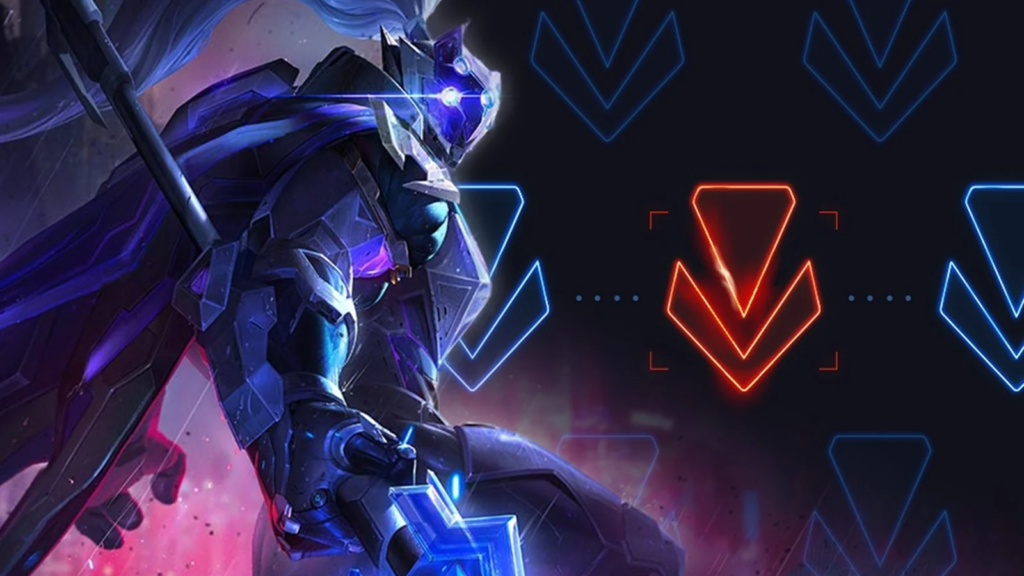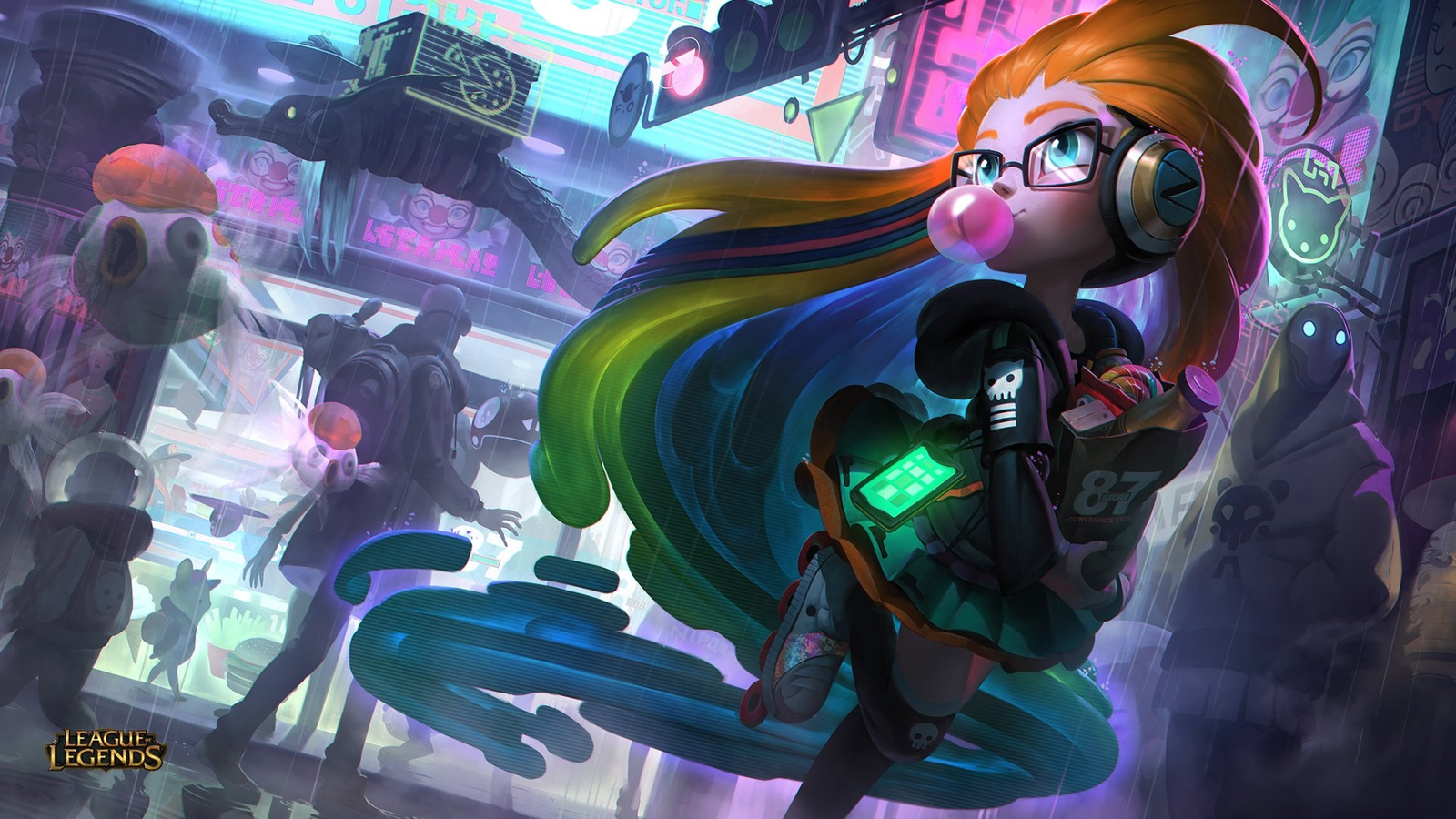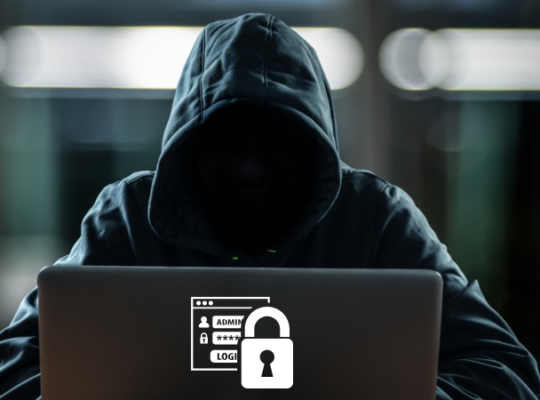
Following the rollout of its Vanguard anti-cheat software to League of Legends, Riot Games responded to reports of hardware failure from some players. While Riot stated that it has “not confirmed any instance of Vanguard bricking anyone’s hardware,” it acknowledged that certain BIOS settings could be causing problems for a small number of players.
Vanguard, initially introduced in Riot’s shooter Valorant in 2020, was recently implemented in League of Legends as part of the 14.9 patch. However, players quickly reported issues such as PC crashes, reboot loops, and even complete hardware failure after the update.
Riot addressed the complaints on Reddit, stating that “overall, the rollout has gone well,” with fewer than 0.03% of players reporting issues with Vanguard. The company attributed some of the problems to players bypassing Microsoft’s TPM 2.0 requirement when upgrading to Windows 11. Vanguard’s rollout now necessitates enabling TPM 2.0, which may require changes to BIOS settings.
WATCH NOW: Marketing Is Dead According to this Dev
The situation highlights the complexities of PC gaming, with Riot providing guidance on resolving issues related to TPM 2.0, UEFI mode, and Secure Boot. Riot emphasized the importance of TPM 2.0 for Windows 11 compatibility, indicating that League of Legends will not launch properly if TPM 2.0 is disabled.

Despite the challenges, Riot defended the addition of Vanguard to League of Legends, citing the need for increased security against cheating and scripting. The company aims to leverage Vanguard to create a more secure gaming environment and enhance gameplay experiences.
As players navigate these technical hurdles, Riot continues to address concerns and provide support to ensure a smoother gaming experience for all players.





